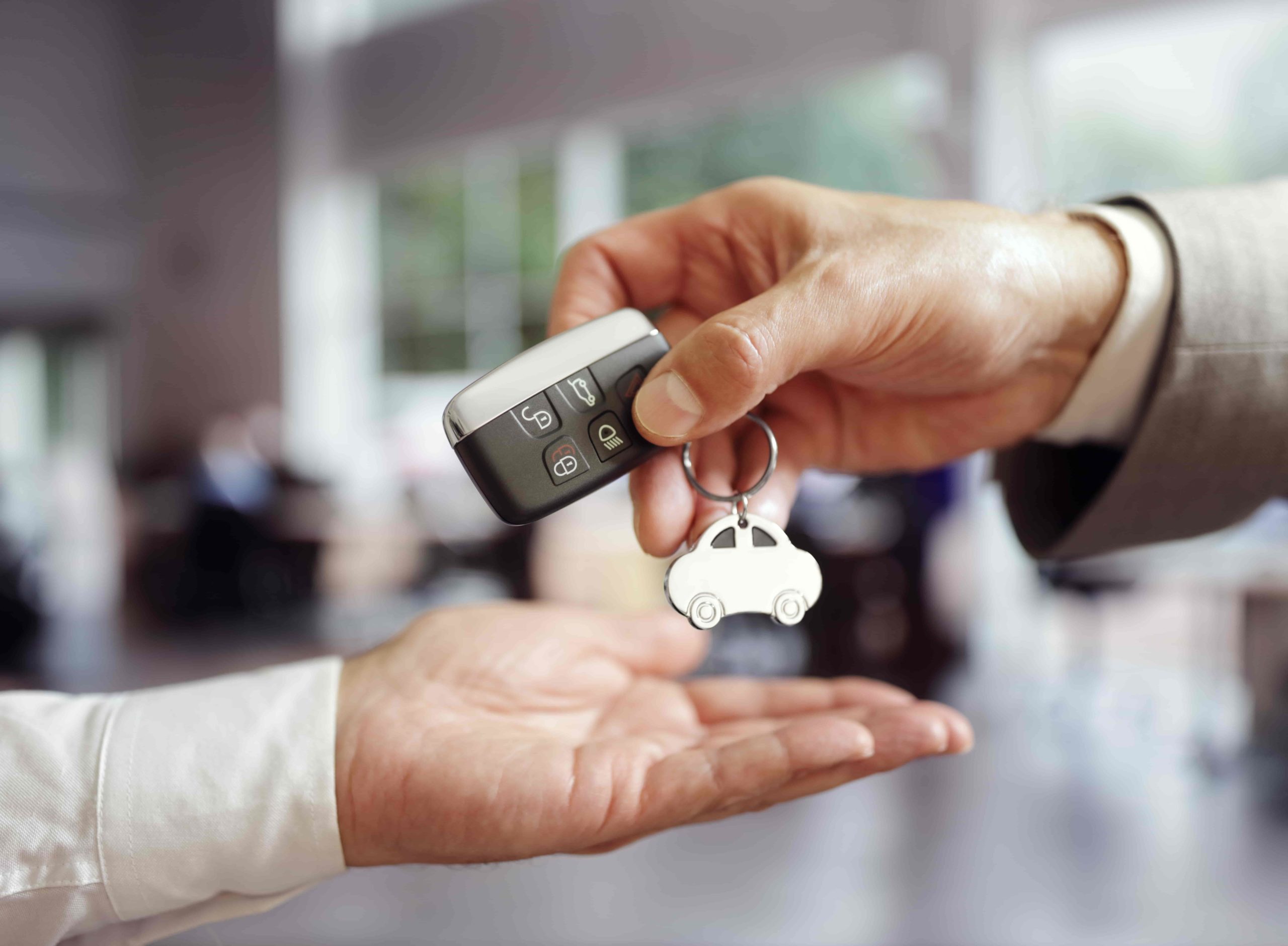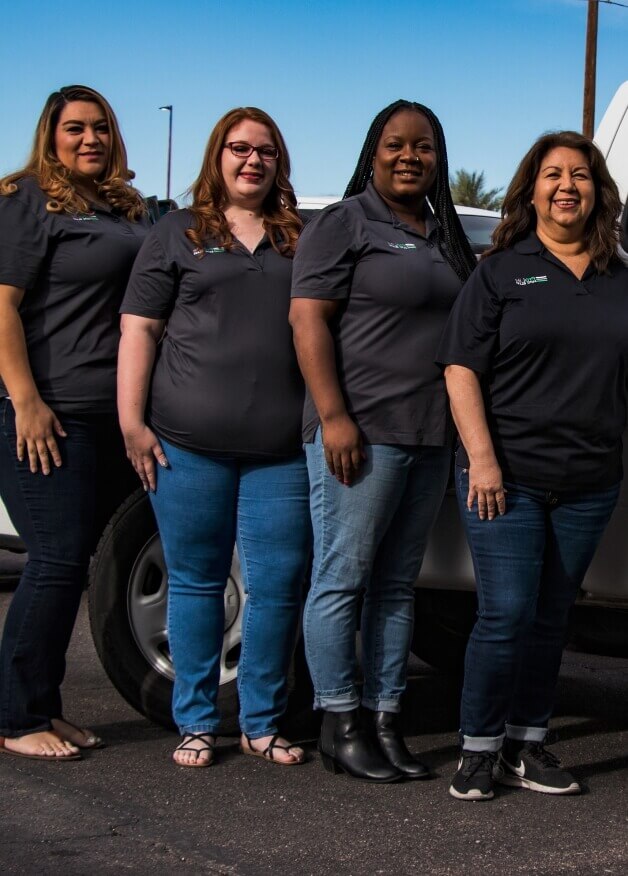Owning a car is one of life’s greatest needs in the modern world, as we simply don’t have enough time anymore to walk around everywhere. Of course, you could use public transportation instead, but then you still have to follow a strict timetable, and buses only come to fixed points in town. Moreover, if you’re also carrying groceries with you, or way heavier items for that matter, having a car to temporarily store them in for transportation is invaluable. Still, as useful as automobiles are, they aren’t really the cheapest of acquisitions, and if you add in regular refills of gas, those bills will quickly stack up. In order to avoid having to borrow money for a car though, or create a sizable debt to your bank, you can always consider buying a used car though.
Of course, it’s going to have a few dents and bruises, that’s unavoidable, but other than having to apply another paint job to it and maybe change your engine oil, your brake fluid, or your tires, you can very well be good to go. However, also keep in mind that vehicles are very complex constructions, with innumerable interlocking mechanisms and moving parts that must work in a harmonious tandem if everything is to go smoothly. As such, if you do purchase a car outside of a trusted dealership, a car buying checklist is essential.
So, let’s get right into what to ask the car’s seller, and what to be on the lookout for yourself.
1. Ask for Proof of Ownership
This is the most obvious one when buying a used car. Before getting into any details about the car’s history and current state, make sure you’re talking to a person that has the legal right to actually sell it. If they’re being dodgy about it in any way, stay far away from the deal. It doesn’t really matter if the actual owner is that person’s friend or relative, or if it is actually stolen; this will definitely result in headaches for you.
2. Ask and Look for Signs of a Previous Accident
This is a question that can take some owners by surprise, and it’s a good way to test their honesty for further inquiries. If the answer seems off, there might be something more going on than meets the eye. If the paint job is messy or if there are dents, those are obvious signs that the vehicle has been at least mistreated, if not into a full-on collision.
3. Ask Why They’re Selling The Car
This is a no brainer if the state of the car is less than ideal, but if everything seems in order, well then why is it being sold? Granted, there’s a whole list of legitimate reasons, such as upgrading to a newer model, buying a family vehicle instead, they’ve been offered a car at their workplace, they really need the cash, and so on. But, it’s still something you should go over with the seller. Ask about the engine, the brake system, the headlights, tail lights, blinkers, anything and everything.
If the seller is suddenly evasive or unsure how to answer, that’s a good indicator something’s wrong in that area. And if you do find an irregularity this way, well there’s your window of opportunity to discuss a price reduction.
4. Ask About Any Previous Owners
The seller might not be the original owner, and it’d be best if the total owners don’t exceed two, or at maximum three, since even if the vehicle seems to be in good shape, that would mean it already has tons of miles under its belt. Something’s prone to break eventually.
5. Check The Paint and for Traces of Rust
Firstly, place this at the top of your car buying checklist: meet the seller on a dry day. Moisture can help disguise paintwork that’s fading away, as well as chip marks from flying debris. Take a few steps back and see how the sun’s rays reflect off the body; this way you can see if the paint is consistent throughout the automobile’s body.
Now, while the paint can always be re-applied, rust should be a major alarm signal. It could indicate that overall structural integrity is weakened, because rust essentially corrodes all of the internal metal components. Moreover, rust isn’t repairable in all cases, and sometimes parts must be thrown away completely. To this extent, have a long look at the car’s underside, the frame rails, on all of the doors, the exhaust pipe, the wheels, and even the suspensions.
6. Don’t Ignore Auto Glass Damage
If you notice a chip or crack on the windshield, or on any of the side windows or rear window for that matter, ask the seller to sort them out before agreeing on a price. That’s because glass damage doesn’t put stay; due to an effect known as “spider-webbing”, it gradually reaches the corners and assures that the auto glass is eventually going to shatter. Alternatively, if you have car glass insurance, you could have us handle such issues for $0 Out-of-Pocket cost, after purchasing the vehicle.
7. Some Additional Considerations
- Check that the bodywork is uniform;
- Check the gear stick, steering wheel and pedals for wear & tear;
- Ask if a spare keyset is available;
- Test that all seatbelts work as intended;
- During the test drive, try to test all gears.
And that pretty much sums ups what you should take into consideration when thinking about buying a used car. It’s a bit of a tricky process, but if you’re careful, you’re going to save yourself a load of cash and end up with a decent vehicle as well!

